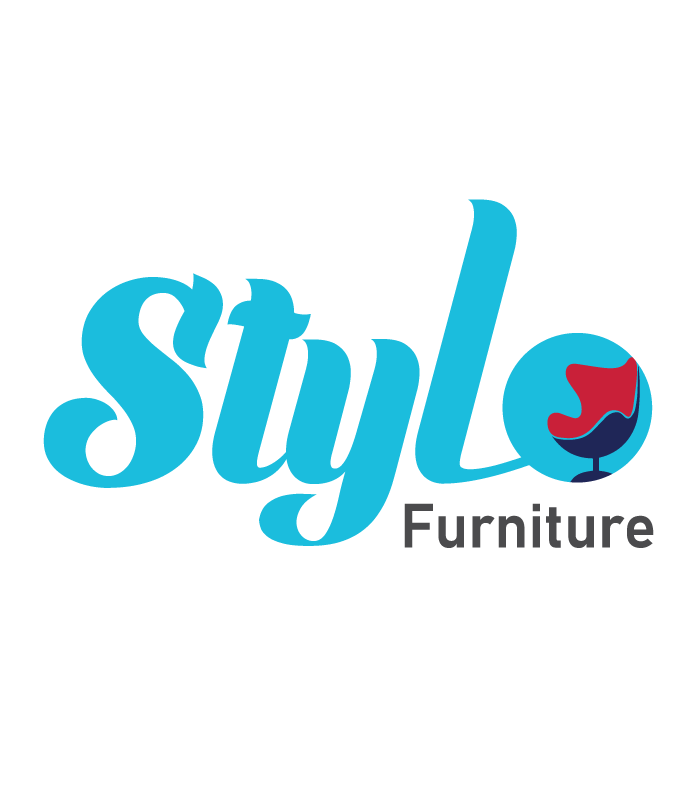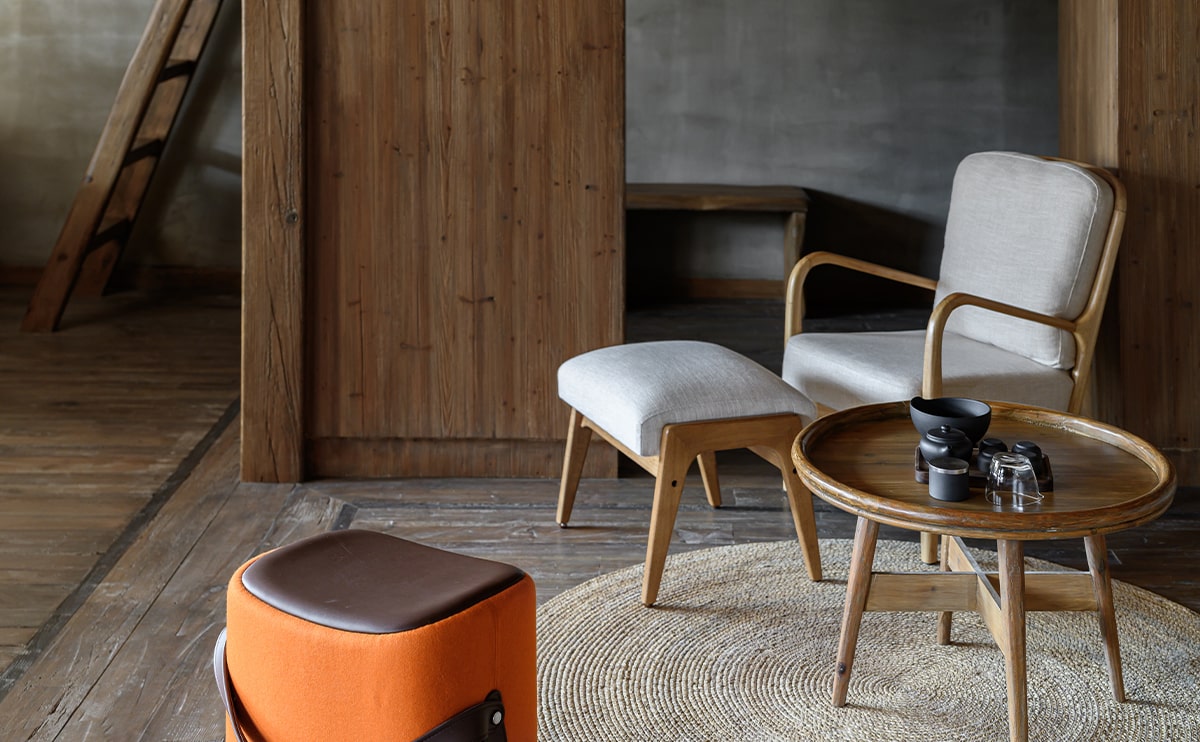In today’s globalized marketplace, the office furniture industry has emerged as a booming sector in international trade. The growing demand for ergonomic design, sustainable production, and modular systems is reshaping how businesses furnish their workspaces. Countries around the world are investing in modern office environments that foster productivity, comfort, and aesthetics. For a forward-thinking Bangladeshi company like Stylo Furniture Limited, the export and import of office furniture represent not just an opportunity, but a frontier for growth, innovation, and global brand-building. However, success in this domain requires more than just great products. It demands a clear strategy, compliance with international standards, efficient logistics, and an in-depth understanding of market dynamics. This blog offers a comprehensive roadmap for Stylo Furniture and similar ventures looking to excel in the export-import journey.
Global Demand for Office Furniture
According to a 2024 report by ResearchAndMarkets, the global office furniture market is projected to reach over USD 87 billion by 2028. This surge is driven by the rise of co-working spaces, remote work trends, and a renewed emphasis on employee well-being. Markets in North America, Europe, and the Middle East are increasingly prioritizing flexible, tech-integrated, and eco-conscious office furniture solutions. Buyers are seeking value—not just in cost, but in design efficiency, environmental impact, and durability. For exporters, understanding these preferences and adapting product lines accordingly is key. Stylo Furniture can position itself competitively by offering tailored solutions such as modular desks, ergonomic seating, and space-saving storage options.
Certification and Compliance: Breaking the Barriers
International markets often require strict certifications to ensure product quality, safety, and sustainability. These certifications aren’t just red tape—they’re passports to trust and credibility.
– ISO 7170 & 21015: Global standards for strength, durability, and performance.
– BIFMA: A U.S.-based standard essential for supplying office furniture to North America.
– CE Marking: Mandatory for entering the EU, confirming safety and regulatory compliance.
– FSC Certification: Verifies wood used is responsibly sourced—key for eco-conscious clients.
Achieving and displaying these certifications is non-negotiable. Stylo Furniture should invest in continuous product testing and collaborate with internationally accredited labs to certify collections before export.
Bangladeshi Regulatory Framework
On the domestic front, navigating Bangladesh’s export policies is equally critical. Agencies like the Export Promotion Bureau (EPB) and the Bangladesh Standards and Testing Institution (BSTI) play pivotal roles.
– BSTI: Ensures quality benchmarks for local and international sales.
– EPB: Provides export registration, market linkage support, and organizes trade fairs.
– BIDA & BEZA: Offer tax holidays, bonded warehouse access, and investment facilitation.
Stylo Furniture should ensure all documentation—commercial invoices, packing lists, country of origin certificates, and HS codes—is streamlined for smoother customs clearance.
Importing Raw Materials and Components
Sometimes, to compete globally, you must also import quality raw materials—like European hinges, Japanese automated assembly systems, or engineered wood from Vietnam. Understanding Bangladesh’s import duties, VAT exemptions for exporters, and proper HS classification codes can reduce input costs. Utilizing bonded warehouse facilities can further provide duty deferment benefits. Strategic imports enhance final product quality and support innovation.
Design Adaptation Across Cultures
Global customers don’t want just any chair—they want a chair that feels ‘local.’
– Scandinavian countries prefer minimalist wood-based aesthetics.
– The Middle East values plush finishes and high durability.
– North Americans prioritize height-adjustability and cable integration.
Stylo must adapt catalogs per region, employing ethnographic design research, virtual mockups, and localized showroom designs. Having a ‘global catalogue’ is great—but winning export strategies hinge on tailored experiences.
Digital Infrastructure for Export Success
To succeed in global B2B sales, digital presence matters more than ever.
– Build a 3D showroom or AR-based product experience.
– List products on B2B platforms like Alibaba, TradeKey, and Architonic.
– Use social proof—client testimonials, certifications, and photos of international installations.
A multilingual, mobile-optimized website with downloadable brochures and responsive export support creates confidence and opens conversations with overseas buyers.
Packaging and Shipping: Not Just Boxes
Exporting furniture isn’t about stuffing things into boxes—it’s about intelligent, space-optimized packaging. Flat-pack design can increase container loading efficiency by 40%. Stylo should:
– Use recyclable protective materials (bubble wrap, foam corners).
– Label per international requirements (e.g., ISPM 15 for wooden pallets).
– Provide detailed installation manuals.
Partnering with experienced freight forwarders who understand Incoterms (FOB, CIF, DDP) reduces delays, damage, and disputes.
After-Sales Service & Warranty Policies
Global buyers expect more than delivery—they want ongoing service. Providing clear warranty policies, accessible helplines, digital installation guides, and a replacement parts desk adds long-term brand equity. It’s a myth that exports are one-time transactions. Stylo Furniture should treat them as doorways to lifetime relationships.
Government Grants and Trade Support
The Government of Bangladesh supports export initiatives through:
– Export Credit Guarantee Scheme
– Technology Upgradation Funds
– VAT exemption on input materials for exporters
– Support for participation in international expos (via EPB)
Stylo Furniture should actively pursue these schemes by maintaining regular liaison with banks, EPB officials, and chambers of commerce.
Strategic Partnerships and OEM Opportunities
One route to export success is becoming an OEM (Original Equipment Manufacturer) or ODM (Original Design Manufacturer) for global brands. Many western companies seek cost-effective, high-quality producers. Stylo can offer white-labeled production services, leveraging its skilled workforce, production capacity, and design flexibility.
Conclusion
The export and import success of office furniture depends not just on product excellence but on a holistic approach—certifications, design localization, digital marketing, efficient logistics, government support, and after-sales service. Stylo Furniture, with its growing reputation and adaptive mindset, is well-positioned to scale beyond borders.
Let this be the blueprint—not just for expanding reach, but for elevating Bangladesh as a trusted name in global office furniture supply. The world is waiting. Let’s furnish it with purpose.
Export Pricing Strategies and Currency Risk
Pricing furniture for export is a delicate balance of cost recovery, competitiveness, and profit margin. Each international market comes with its purchasing power and sensitivity to price variation. Stylo Furniture must consider:
– Cost-Based Pricing: Calculating base cost + overhead + freight + taxes + desired profit margin.
– Market-Based Pricing: Benchmarking competitors’ pricing in the destination country.
– Value-Based Pricing: Pricing based on perceived value (e.g., luxury branding, sustainability).
Currency risk is another critical factor. Sudden devaluation or fluctuation in USD, Euro, or GBP can impact profitability. Using forward contracts or quoting in a stable currency can help mitigate this risk. Pricing strategies must be dynamic and reviewed quarterly to remain competitive and sustainable.
Top 5 Target Markets for Stylo Furniture
To make export efforts worthwhile, Stylo Furniture should focus on high-potential markets. Here are five export-friendly regions and their current demand drivers:
1. United States: High demand for ergonomic office chairs, standing desks, and minimalist workstations post-pandemic. Strong emphasis on BIFMA and sustainability.
2. United Arab Emirates: Growing hospitality and commercial sectors in Dubai and Abu Dhabi. Luxury office furniture is in high demand.
3. Germany: A gateway to the EU, with stable demand for modular, eco-certified office systems. Requires CE compliance and FSC labels.
4. Singapore: Regional headquarters for many multinationals. Modern design, compact furniture, and smart storage solutions preferred.
5. Australia: Booming small business and co-working culture. Preference for flat-pack designs and quick-ship programs.
Each of these markets comes with its regulatory requirements, shipping routes, and cultural preferences. Stylo must tailor its pitch and design language accordingly.
Expanded: After-Sales Service & International Client Management
Many exporters underestimate the power of customer retention through after-sales care. Stylo should:
– Provide digital instruction manuals in multiple languages
– Set up a dedicated WhatsApp/Skype/Email helpline
– Offer a 2–5 year limited warranty on select product lines
– Maintain a ready inventory of spare parts for international dispatch
In competitive markets, after-sales excellence can be the final nudge that converts a one-time buyer into a lifetime client or even a regional distributor.
Expanded: Government Support & Policy Incentives
Bangladesh’s export ecosystem is evolving fast. Through agencies like the Export Promotion Bureau (EPB), Bangladesh Investment Development Authority (BIDA), and Ministry of Commerce, exporters now have access to:
– Duty Drawback Schemes: Refunds of customs duties on raw materials used in exported products
– Export Performance-Based Incentives: Rebates based on annual growth targets
– Tech Support Fund*: Soft loans for digital transformation and machinery upgrades
– Trade Fair Sponsorships: Free booths or co-sponsorships in major furniture expos (IndiaWood, CIFF China, NeoCon USA)
Stylo Furniture should develop a grant application strategy and assign a dedicated officer to monitor deadlines, documentation, and follow-up.
Final Thoughts
Furniture is not just functional—it tells stories, defines workplaces, and leaves lasting impressions. For Stylo Furniture to rise as a global brand, it must champion not only design and manufacturing, but also logistics, compliance, pricing, and people. With Bangladesh fast becoming a recognized name in manufacturing, there’s no better time than now to build a future-proof, export-ready brand.
Let Stylo be the flagship of innovation, elegance, and integrity—from Dhaka to Dubai, Chattogram to Chicago. Export is not the end goal—it’s the beginning of global belonging.

